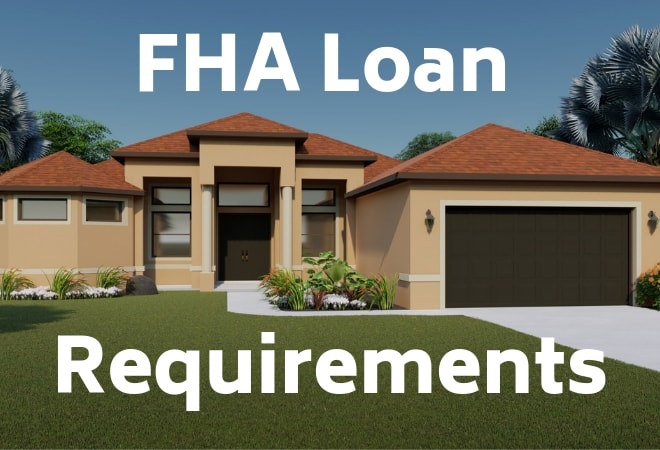The FHA lending rules are meant to make house ownership accessible to a wide range of middle-class Americans who can afford a mortgage payment but would otherwise struggle to qualify for a loan.FHA loans have been the go-to choice for first-time homeowners and others for centuries because of these standards, which include modest down payments and flexible credit demands. They’re also why FHA loans account for roughly one-fifth of all home purchase mortgages in the US.
So, what are the FHA loan requirements Chicago, IL? You may be familiar with the basics — as little as 3.5 percent down, poor credit scores are acceptable, the home must pass an inspection, and so on – but that’s only the start. Here’s a deeper look at the different FHA loan standards and what you’ll need to do to fulfill them.
Bankruptcies
Bankruptcies are closely linked to credit ratings. When it comes to bankruptcies, FHA loans are fairly forgiving, allowing you to qualify for a mortgage in as short as 2 years after discharge a Chapter 7 bankruptcy or 1 year after starting a Chapter 13 payment plan.
To qualify, you must have a strong credit history and have made all required bankruptcy payments since the bankruptcy. Individual lenders may request a lengthier wait time than the FHA minimum criteria.
Down Payment
Perhaps the most well-known of all FHA loan criteria is the down payment. You can invest as little as 3.5 percent of your income. But there’s a lot more to it. A FICO credit score of 580 or higher is required to qualify for a 3.5 percent down payment. Fortunately, the majority of debtors are covered. However, if you have a lousy credit score of 579 or worse, you’ll need to put down at least 10%. You may also have problems finding a lender who would accept you because many FHA lenders will not approve loans with such low credit ratings.
You don’t have to pay for the down payment yourself. According to FHA guidelines, you can receive some or all of your down payment as a gift or grant from a relative or friend, your company or labor union, a nonprofit organization, or a government-sponsored housing program. It can’t come from the seller, your broker, the builder, or anyone else who stands to profit financially from the transaction.
For many house purchasers, FHA loans come with a slew of advantages. They’re easier to qualify for, and they have cheaper interest rates and costs. Many persons who would normally be unable to obtain a house loan owing to bad credit or, in certain cases, no credit history are eligible. FHA loans are a terrific alternative whether you’re a first-time purchaser or searching for a second home. For additional information or to apply, contact an FHA-approved lender.



